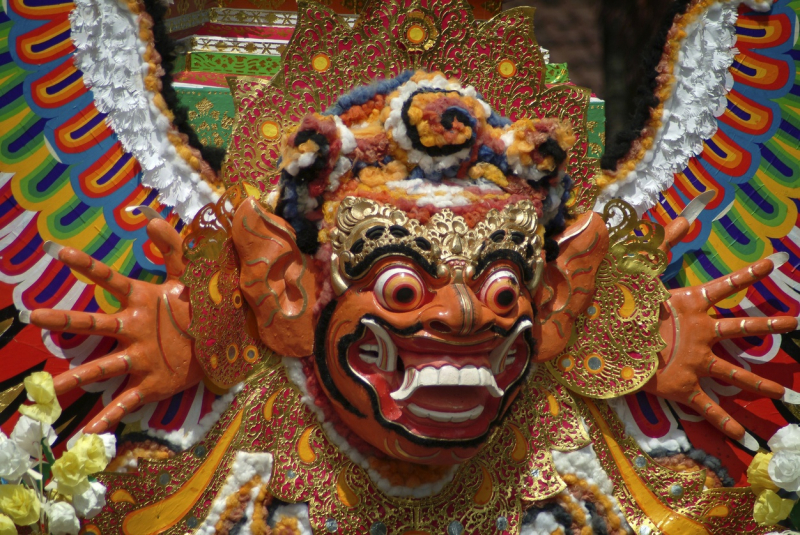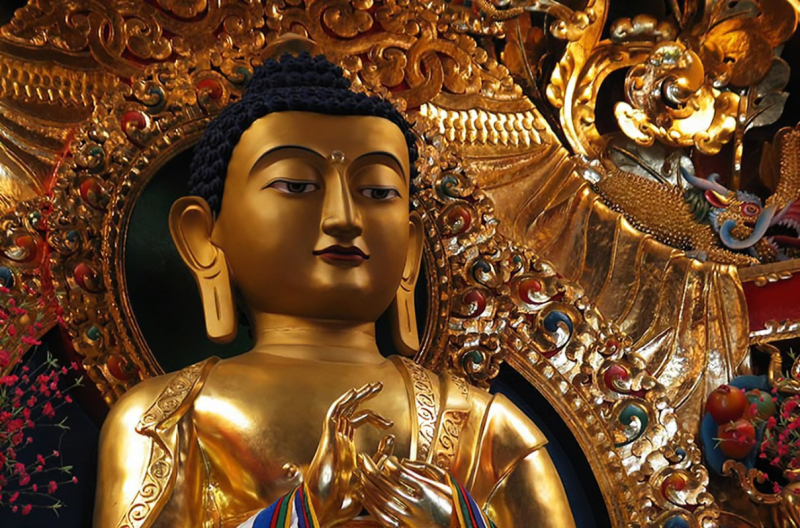Religion and Rituals
Hinduism, Buddhism, Jainism, Sikhism, and other religions all originated in India. Along with Abrahamic religions, Indian religions make up a significant portion of world religions. It is required to remove your shoes when entering mosques, churches, and temples. Following others' lead, it may also be customary to remove your shoes before entering a residence.
Touching or pointing with your foot at another person is impolite. Indians will quickly touch the offended person with their right hand, then move the hand to their breast and eyes as an apology if it was an unintentional offense. Emulate that is a smart move.
Books and written information are respected because they are thought of as actual, physical manifestations of Saraswati, the Hindu goddess of learning. A book shouldn't be touched with the feet, and if it is, an apology should be offered in the same way that one would to a person. The same is true with money and other wealth-related items (especially gold). They are respected because they are seen as actual, human-like manifestations of the Hindu goddess Lakshmi (of Wealth).
The Swastika, which is regarded as a holy sign by Hindus, Buddhists, and Jains, is frequently found throughout India. Visitors from Western countries shouldn't be outraged if they find a Swastika at a temple or a local's home because it is not widely recognized as a sign for Nazism in India and had its roots in Hinduism long before the rise of Nazism.
It does not imply that the individual supports the Nazis or represents anti-Semitism. In India, the connection between the Swastika and anti-Semitism is largely unacknowledged. In fact, Jews have lived in India for thousands of years and have always maintained positive relationships with their non-Jewish neighbors.
For instance, it is noteworthy but not surprising that the local Hindu raja shielded the Goan Jews from the Inquisition after the Portuguese took control of that port.














